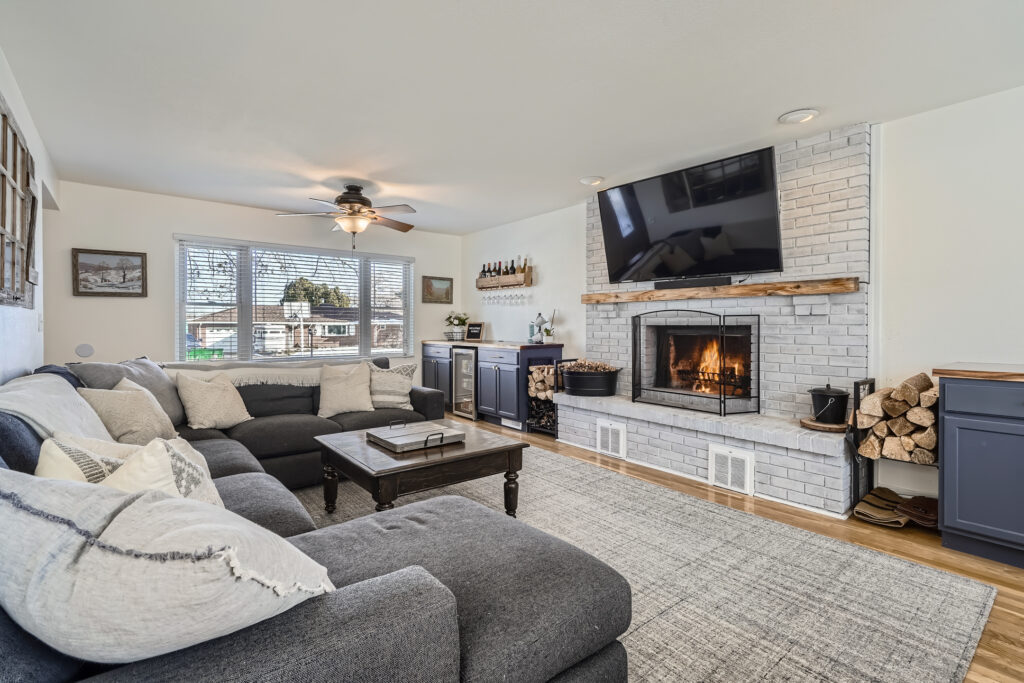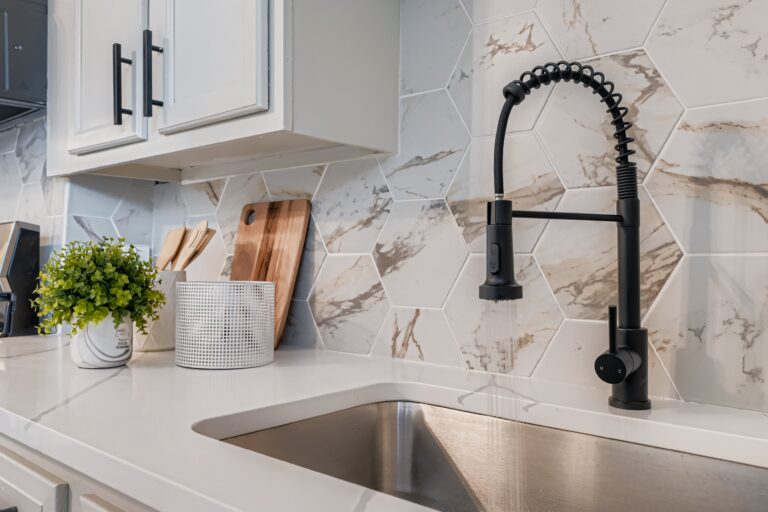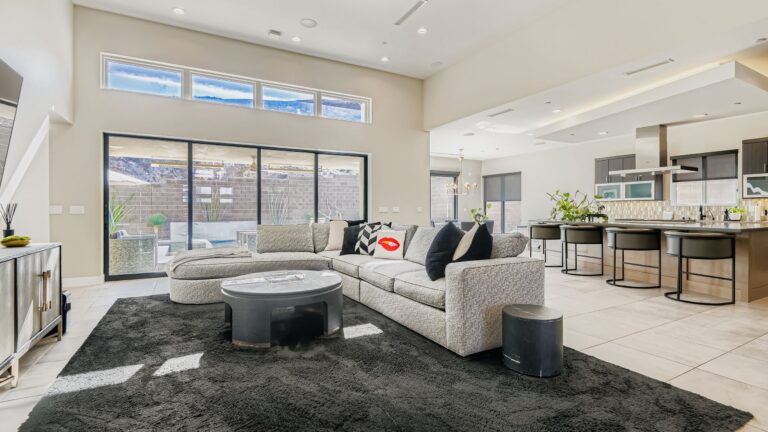Purchasing a home is an exciting milestone, but it also comes with its fair share of financial responsibilities. To navigate these effectively, it’s essential to learn how to budget and save as a new homeowner. If you’re feeling a bit overwhelmed, don’t worry—this guide will help you get organized and stay on top of your finances.
1. List your monthly expenses
Start by listing all the costs you’ll incur each month. These include:
- Mortgage payments
- Utilities (electricity, water, gas)
- Property taxes
- Home insurance
- Maintenance and repairs
By breaking these down into categories, you’ll have a clear understanding of where your money needs to go. This simple step helps prioritize spending, ensuring you have enough to cover essential expenses.
2. Create and stick to a budget
Next, develop a budget. This is crucial for managing your finances and avoiding unexpected bills. Establishing a routine of reviewing your budget regularly will keep you on track. You can incorporate budgeting into your daily routine, such as during your morning coffee or evening downtime. The key is consistency, which will help you stay in control of your finances.
3. Track your spending
Once your budget is in place, it’s time to track your purchases. Homeownership often brings more expenses, like buying furniture or décor. To stay within your budget, consider using budgeting apps or your bank’s app. These tools help you monitor your spending in real-time, making it easier to avoid overspending.
4. Build an emergency fund
Unexpected expenses—whether for home repairs or health issues—are inevitable. Therefore, setting aside a portion of your income for emergencies is essential. With an emergency fund, you’ll have peace of mind knowing you’re prepared for financial surprises. A small, consistent contribution each month can help build this cushion.
5. Plan for the future
While living in the moment is important, it’s equally crucial to plan for the future. Consider your long-term financial goals, such as saving for home improvements, building an emergency fund, or planning for retirement. Keeping these goals in mind will motivate you to stick to your budget and avoid unnecessary spending.
Ask yourself:
- What are my financial goals for the next 5 years?
- What major home improvements do I want to make?
- How can I save for future life changes, like starting a family?
These reflections will help guide your decisions today and prepare you for tomorrow.
While homeownership comes with its challenges, effective financial planning can ease the process. By identifying your expenses, creating and sticking to a budget, tracking your spending, building an emergency fund, and planning for the future, you’ll be equipped to manage your finances confidently.
Take charge of your finances and your home’s marketability
Just as you manage your home’s finances, don’t overlook its marketability. Virtuance offers professional real estate photography and visual solutions to help homeowners like you increase property value. From high-quality HDReal® images to virtual tours and floor plans, we provide the visual tools that enhance your home’s appeal, ensuring you get the most out of any future sales or rentals. When you have a solid financial foundation and the right marketing tools, homeownership becomes not only more manageable but also more rewarding.
With the right approach to budgeting and professional visual solutions, homeownership can be both enjoyable and stress-free. Happy homeownership!
FAQ
To effectively budget, start by identifying all your homeownership expenses, create a monthly budget, and track your spending regularly to stay on track.
An emergency fund is crucial to cover unexpected home repairs or other urgent costs, giving you financial peace of mind during unforeseen events.
Virtuance offers professional photography services, including HD images and virtual tours, that can enhance your home’s marketability, increasing its value when you’re ready to sell.








